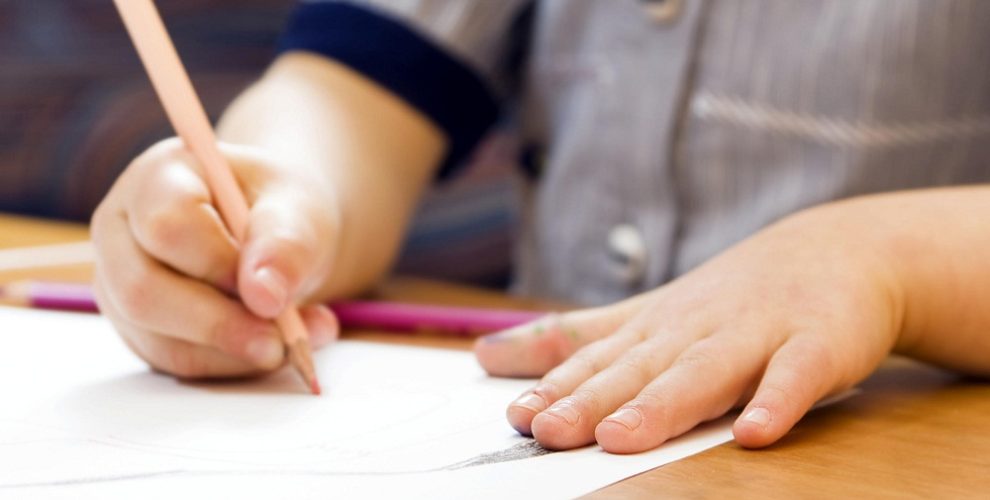We all know that our children are going to be the nation builders of tomorrow. Right from the Best CBSE residential schools in Delhi, children learn about the country and celebrate national festivals with everyone. But how many of them are aware of the country’s constitution and citizenship rights. Not many really!Nut now, with today’s generation starting to speak up for their fundamental rights, it is high time we teach our children about Indian constitutional principles, their fundamental rights and duties, and the political and secular values of the nation.
The Indian Constitution, crafted by Dr. B.R. Ambedkar, is the longest in the world. It covers a wide range of civil liberties, religious freedom, and civic duties. India being a Secular, Sovereign, Socialist, and Democratic republic, its constitution puts the welfare of its people as a priority rather than the state. It is hence important that our children know why and how the constitution of India proposes equality, justice, and freedom of its people so that they can add to the pool of the politically conscious young generation for the future.
Knowing about the Indian Constitution helps children understand about the country, its political structure, and social values. As today’s youth are conscious of secular values and constitutional principles, it’s even more important for the next generation to be educated about the constitution, the founding document of the Indian republic.
Knowing the laws
Laws protect the general safety of the public and ensure their rights against any abuse of it. Our constitutional laws tell us what our rights and duties are. Children should be taught the basic laws – set of principles, rules and standards of conduct – that all Indian citizens are bound to abide. In order to act against anything like child employment, child abuse, or even talking for violation of road rules, we need to know the laws first. Knowing the fundamental laws and rights of our constitution can help students advocate and protect themselves and others against any tyranny or illicit violation of laws by individuals, by organizations, or by the government itself.
Understanding the rights
In today’s world, knowing your rights is empowerment. Students need to be aware of their own fundamental rights and should have the courage to raise their voice for any violation of personal or social rights. Knowing about the constitution gives students a sense of social empowerment and motivates them towards understanding the importance of the constitution. Whether it is the recent CAA amendment or a violation of human rights, children need to be aware of their own rights, freedom, as well as the limits to help them become conscious and responsible citizens.
Learning the responsibilities
Apart from understanding the civil laws and citizen rights, it is also necessary to know what responsibilities a citizen holds. When children know about the rights and duties of a citizen enshrined in our constitution, it will help them understand how and why some of our Constitutional provisions are being violated. They will also know when to speak up for their rights and what their role is as a dutiful citizen. Whether it is for calling a general helpline to fix streetlights or reporting to a child helpline to rescue a friend, it is important that children are taught and trained to be confident, courageous, and knowledgeable enough to tackle real-life issues.
At K.R. Mangalam School, we have always believed that every child must be aware of the fundamental rights that the Indian Constitution has endowed them with. Along with this, it is equally important for them to know the right ways to exercise those rights so that no infringement of the laws occurs. This is why at KRMS, one among the Best schools in Delhi, we strive to provide our students with a brief insight into the nitty-gritty of the Indian Constitution, which we believe will help them better understand their responsibilities towards the nation and aid their growth into responsible citizens of the country.



